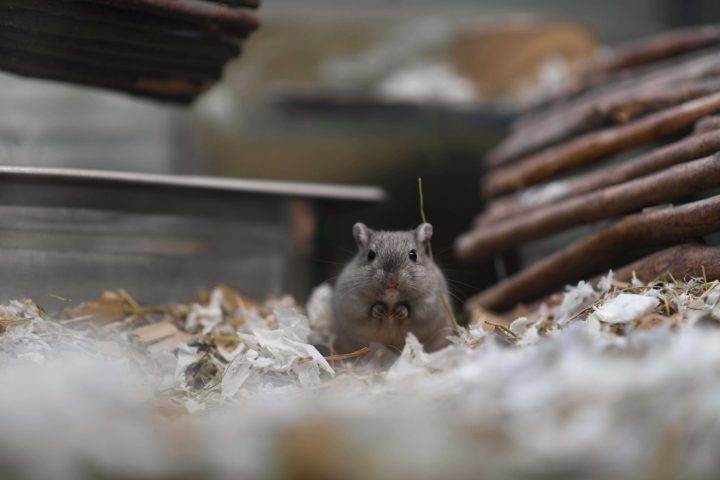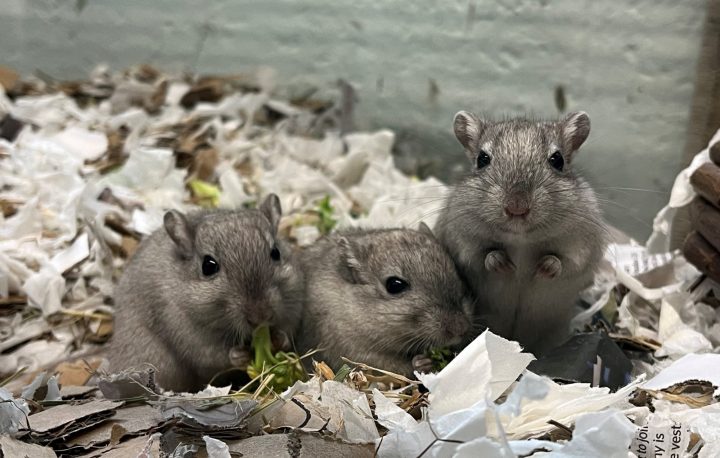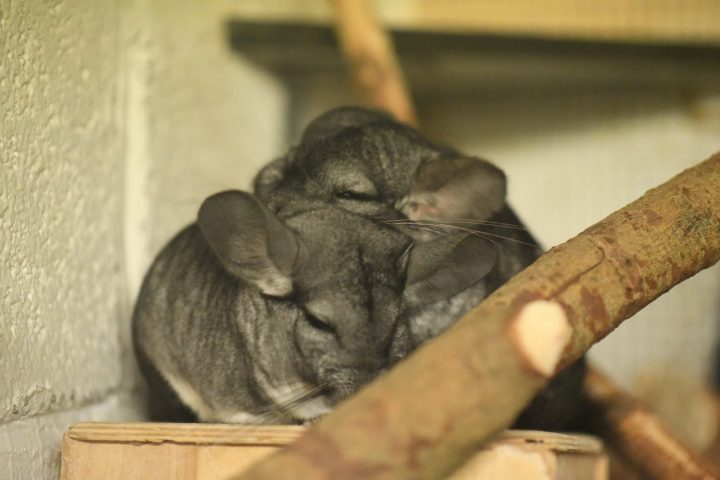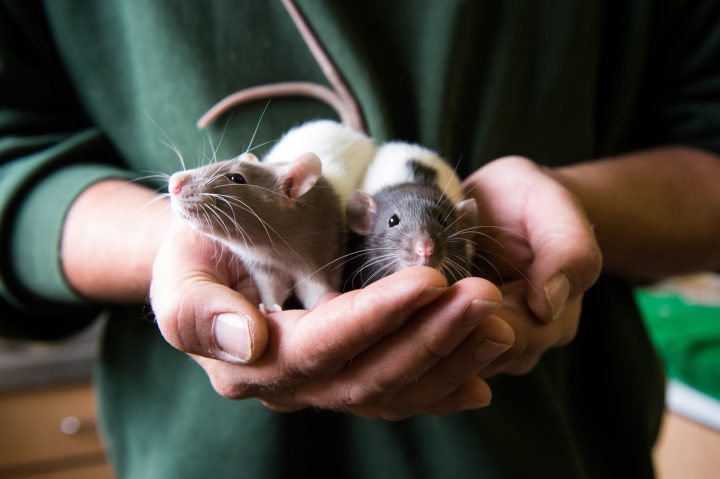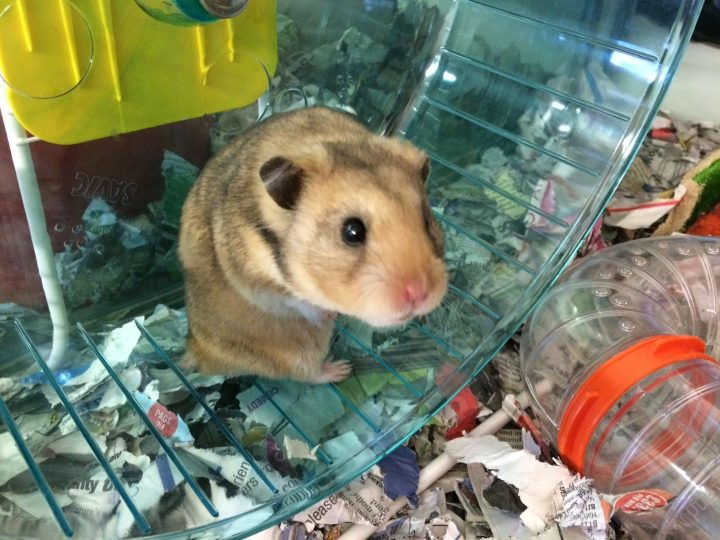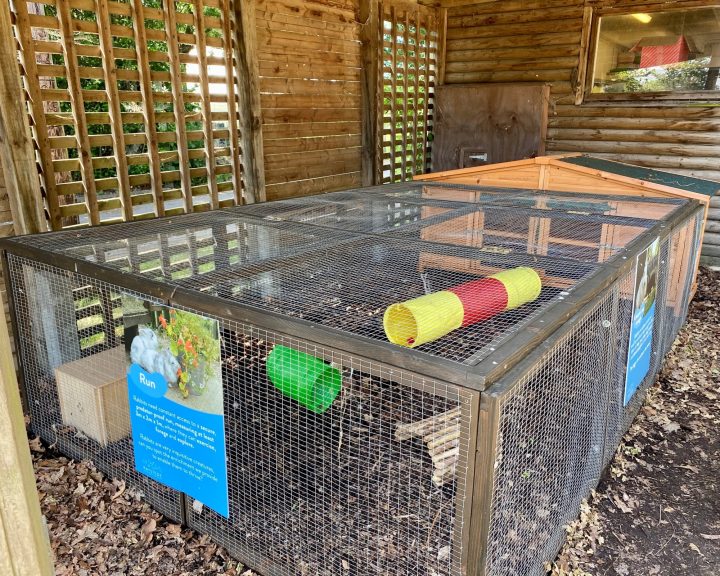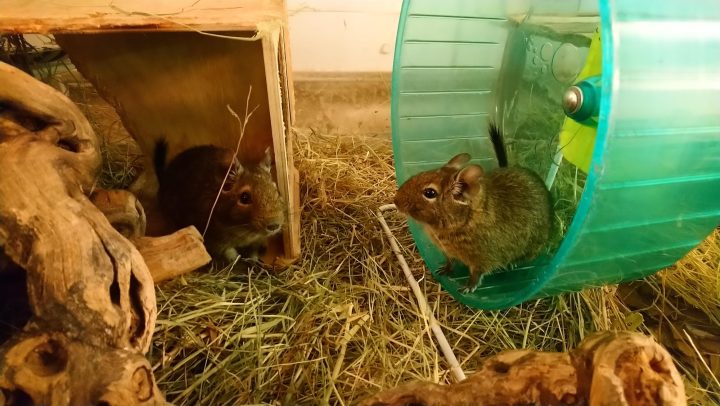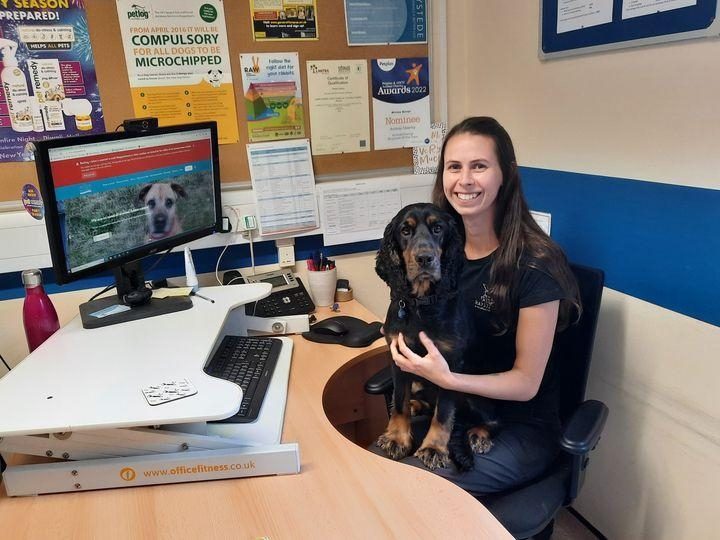Do you have the time?
Before getting a small animal, consider how much time you can commit as their care involves daily and weekly tasks. Daily, you'll need to feed your animals, check if they are healthy and spot-clean their enclosure. Weekly, you'll need to thoroughly clean their enclosure, including all their enrichment items.
Spending time with your animal is very important for their happiness and health, and it deepens the bond with your pet.
For rats, it's particularly important to provide them with time outside their cage in a safe, supervised area, allowing them to explore and engage with their environment. These curious creatures thrive on human interaction, which provides a vital form of enrichment for their mental and emotional well-being.
Chinchillas also require at least one hour of exercise each day outside their cage. This time should be spent in a secure room where they can jump, explore and exhibit their natural behaviours. A dedicated play space is essential to allow them to stretch their legs and let off some steam.
The other small animals will happily be left to their own mischievous devices in their enclosures and play pens.
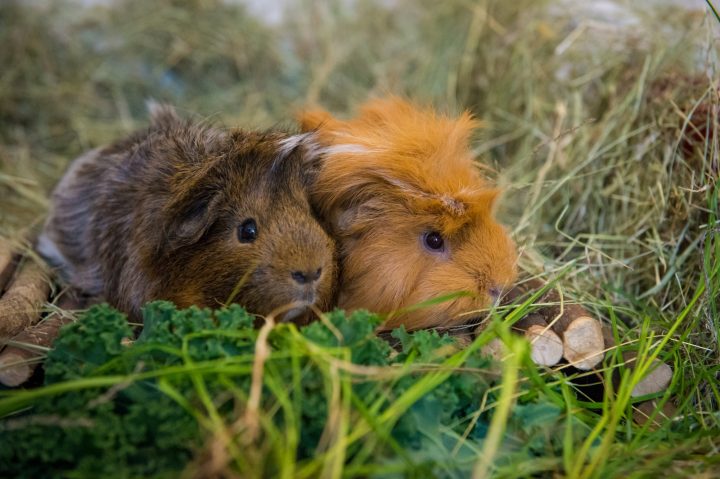
Do you have the time?
Before getting a small animal, consider how much time you can commit as their care involves daily and weekly tasks. Daily, you'll need to feed your animals, check if they are healthy and spot-clean their enclosure. Weekly, you'll need to thoroughly clean their enclosure, including all their enrichment items.
Spending time with your animal is very important for their happiness and health, and it deepens the bond with your pet.
For rats, it's particularly important to provide them with time outside their cage in a safe, supervised area, allowing them to explore and engage with their environment. These curious creatures thrive on human interaction, which provides a vital form of enrichment for their mental and emotional well-being.
Chinchillas also require at least one hour of exercise each day outside their cage. This time should be spent in a secure room where they can jump, explore and exhibit their natural behaviours. A dedicated play space is essential to allow them to stretch their legs and let off some steam.
The other small animals will happily be left to their own mischievous devices in their enclosures and play pens.
